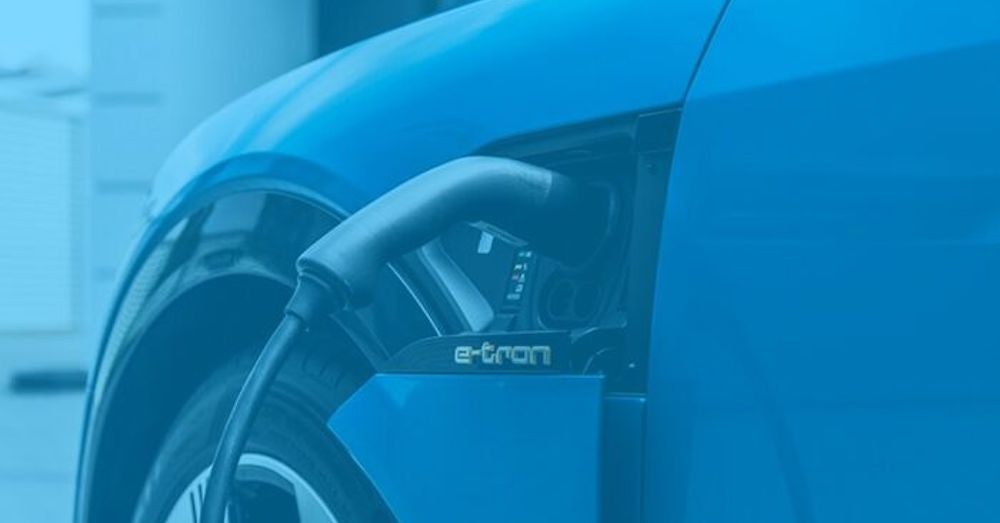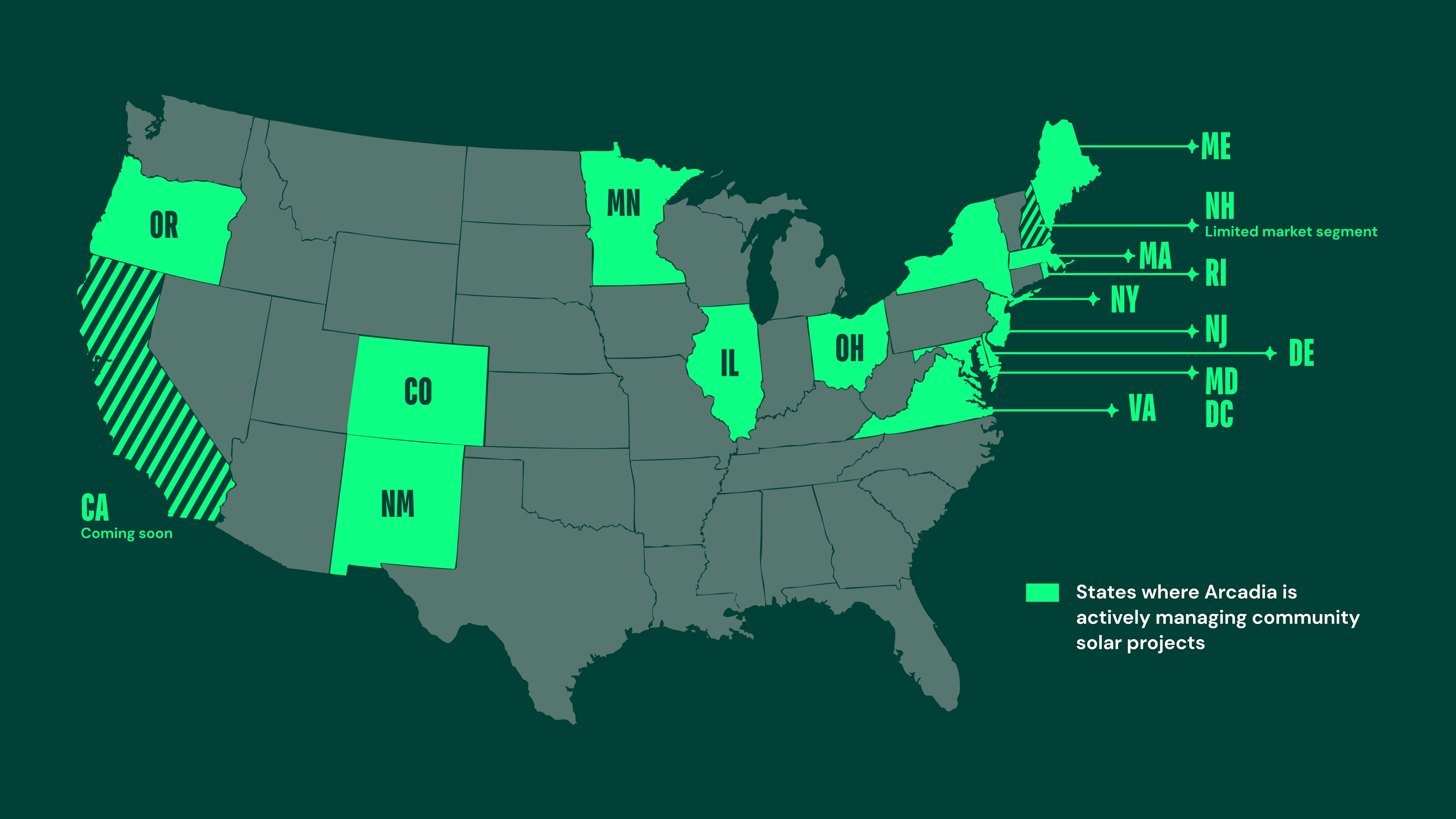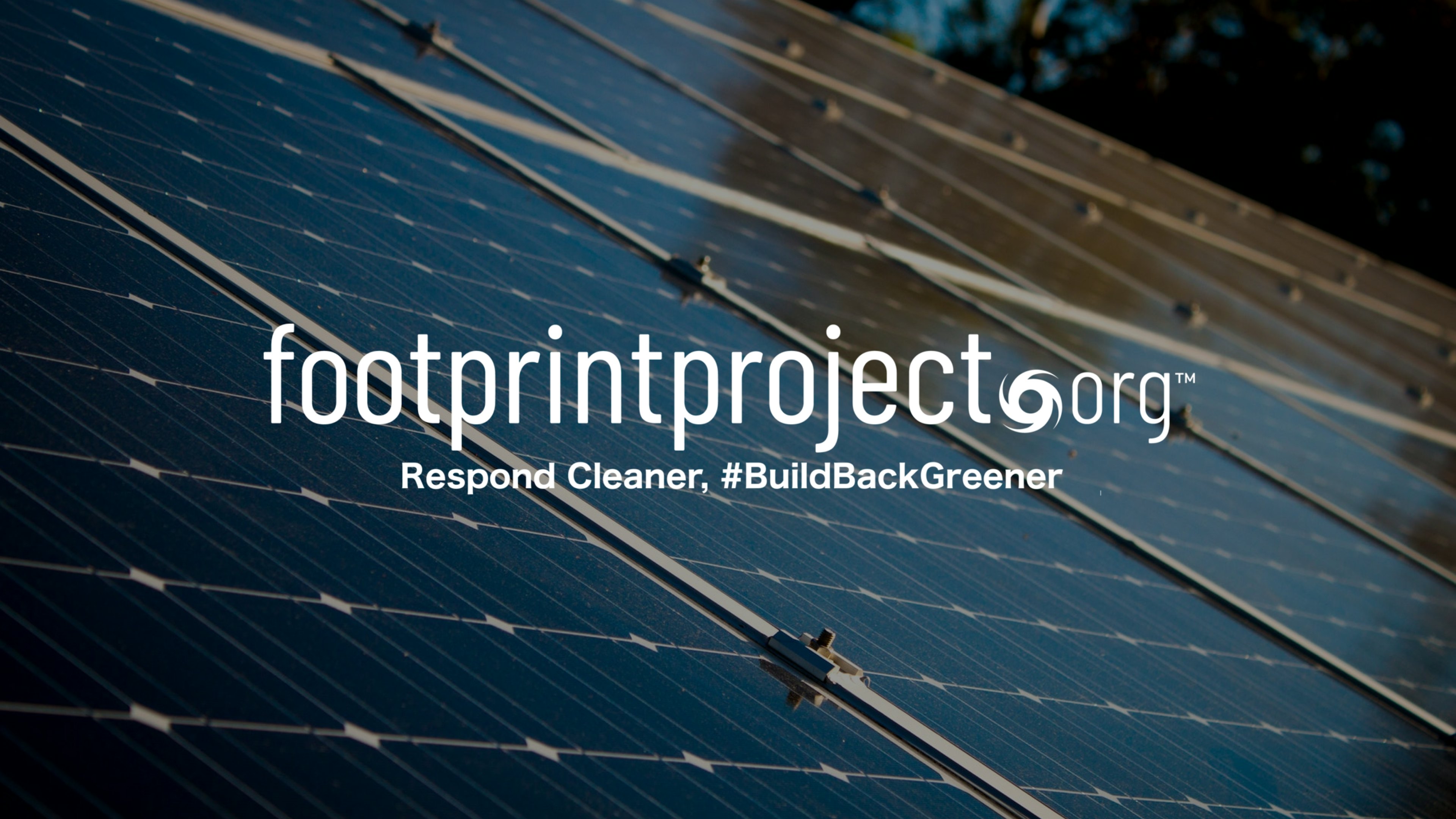Five ways to save money and energy with hybrid cars

With its distinct half covered wheels and rounded facade, the Honda Insight was the first mass-produced hybrid car making its debut in Japan back in November, 1999. In the face of soaring gas prices, the vehicle appealed to both environmentally-conscious and economically incentivized drivers, who found these new fuel-efficient cars very appealing. Now, almost 20 years later, almost every major car manufacturer offers at least one hybrid option in their lineup.
Overall, these vehicles have evolved to achieve 20-35% better gas mileage and emit 29% less smog-producing nitrogen oxide. With their costs continually falling, these hybrid cars offer a cost-effective, cleaner alternative to their all-gasoline powered counterparts. From paying less at the pump and repair shop, to a few stops in between, here are some of the many ways a hybrid car can save you money you need to know.
Gas prices
As gas prices continue to fluctuate, drivers of hybrid cars reap the financial benefit of an electric motor working to give you more miles, with fewer trips to fill up the tank. Though savings depend on how often you drive, how you drive, overall cost efficiency is well documented. Owning your car for longer, and driving more than an average of 15,000 miles per year can help you get a shorter payback period on the initial purchase of your hybrid.
Discounts
Many banks find hybrid car owners desirable for loans and may even offer loan discounts. Insurance discounts are also available for hybrid drivers in some states. Rates and plans vary based on different factors that should be discussed with your bank, credit unions, or insurance providers.
Incentives and tax breaks
Cash rebates and tax credits are available in some states for those interested in purchasing hybrid cars. Additionally, the U.S. Department of Energy offers a federal tax credit of up to $7,500 for eligible hybrid drivers who bought their cars in or after 2010. While these credits or rebates don’t come when you make the initial purchase, you’ll benefit soon after or with next year’s tax return. Combining these federal and local incentives has the potential to save you thousands.
Repairs and maintenance
Reduced operating expenses save you money when you own a hybrid. Very little work is required until the battery needs to be replaced. While battery replacements may be costly, special hybrid technology ensures a long driving record before replacements are needed at around 180,000 miles. Hybrids are also known for their excellent warranties that sit around 8 years and 100,000 miles, thus providing longer protection than standard warranty offers for conventional vehicles.
Another big money saver relates to one of the most expensive and important safety features of any car. Brake pads in hybrid cars tend to last three times as long as those that use traditional braking systems due to regenerative braking. The hybrid car’s technology actually recaptures expended energy upon braking and converts it into electricity that is used to power the car. This can save you thousands while also prolonging the life of your car.
Resale value
Depreciation typically reduces the price of a vehicle by 15-20% as soon as you leave the lot. However, this isn’t always the case for hybrid models. Resale value is highly dependent on demand, which means as calls for fuel-efficiency and environmental responsibility continue to grow, hybrids owners are in a pretty good spot.
Clean energy and going full electric
Hybrid cars have been a popular choice for drivers who want to demonstrate their interest in clean energy while cashing in on long-term savings for nearly 20 years. You may even be thinking about stepping up to something all-electric instead. Electric cars can amplify many of the benefits of a hybrid, giving you more control over financial savings and the energy you support.
Whichever car you drive, you can always fuel its charge and your home with renewable wind and solar projects on the Arcadia platform.


